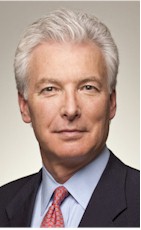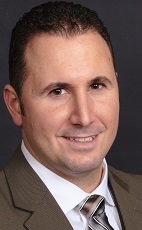
A tremendous opportunity exists today for hotels and resorts to once again raise the bar and incorporate experiences crafted around trends that are presently driving the fitness industry. Today's best operators know that the lines between the commercial health club offering and the hospitality based fitness center are becoming increasingly blurred. In the world of fitness, two significant trends are driving the landscape by which new facilities are born, and existing spaces re-imagined: Functional Training & Technology. Together, these two factors are powering the emergence of socially driven exercise and virtually guided training sessions that are shaking the landscape of nearly every aspect of the fitness industry. READ MORE







.jpeg?w=70)











